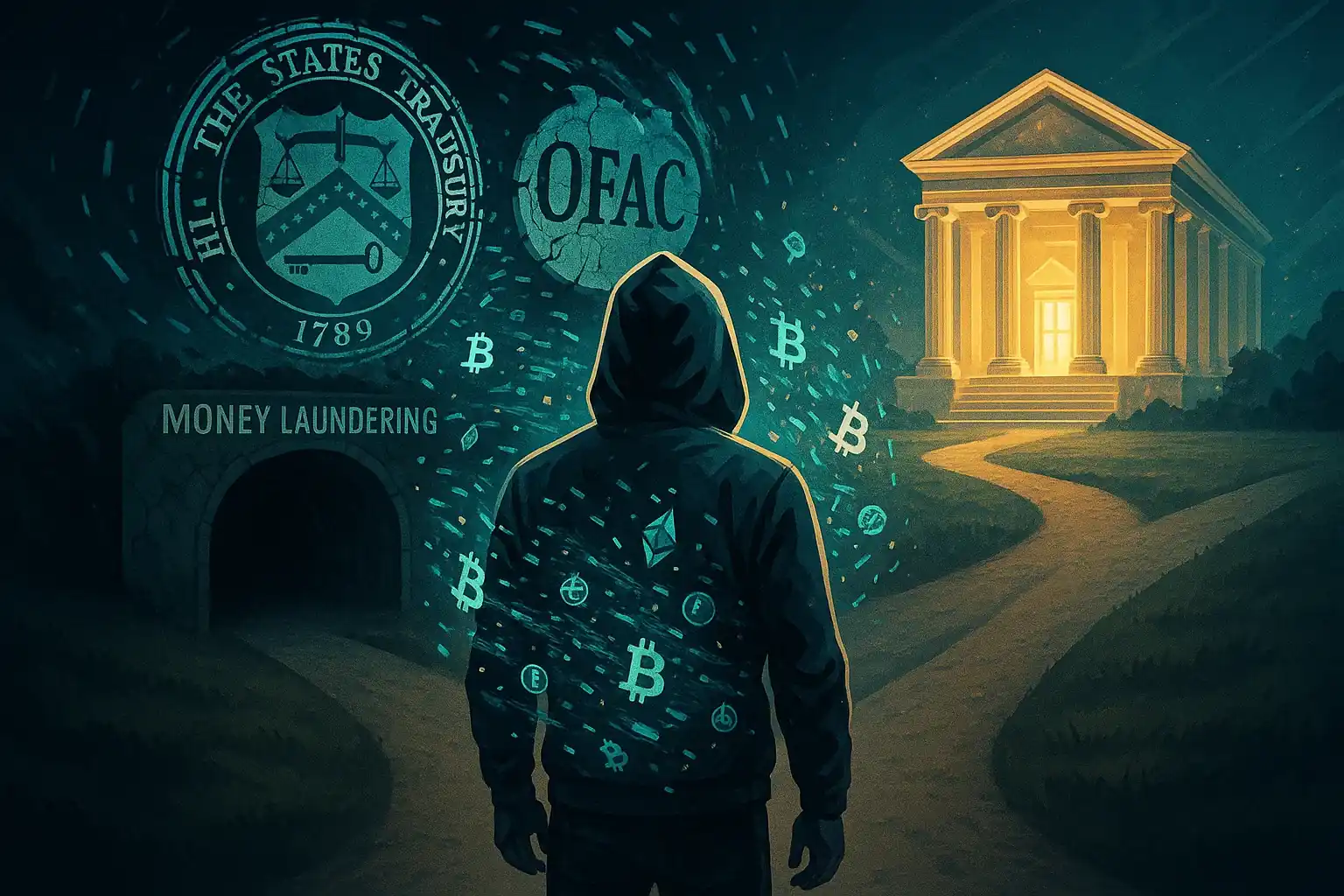Last week in New York, Judge Katerina Polk Faiallina issued a significant preliminary decision after the last hearing in the trial against Tornado Cash developer Roman Storm. She prohibited the parties from discussing the accelerated sanctions imposed by the Office of Foreign Assets Control (OFAC) in August 2022 and lifted in March 2025. According to the judge, talking about it could confuse the jury, especially in the absence of an unequivocal document showing that the sanctions were directly related to Storm's actions.
The courts have already ruled that the sanctions against Tornado Cash were unlawful. In March 2025, the US Treasury Department lifted them because they conflicted with a ruling by a Texas district court, which was later upheld by an appeals court. Judge Faiallina pointed out that it is impermissible to convey to the jury an idea of Storm's 'hypothetical guilt' based on penalties that no longer exist: 'He cannot feel guilty about something that technically no longer exists."
To resolve any confusion, my criminal trial, led by the SDNY, is scheduled for July 14, 2025 https://t.co/C8nIVeyuEe
- Roman Storm 🇺🇸 🌪️ (@rstormsf) July 7, 2025
However, the judge reserved the right to review the decision: if the prosecution submits a so-called 'unicorn' - i.e. a key document directly linking Storm's actions to the sanctions - the matter can be discussed again. The prosecution has until next Wednesday to submit it.
Other motions filed by Storm's defence were rejected. In particular, the court admitted evidence that Storm and his team profited from the network: the sale of TORN tokens for about $12 million, the purchase of real estate, and the equipping of Tornado Cash with tools to facilitate money laundering. Testimony was also accepted that Storm had collaborated with the Lazarus group, hackers linked to North Korea.
Prosecutors intend to present an expert report stating that Storm knowingly circumvented AML/KYC (anti-money laundering and customer identification) measures, which he could have implemented on Tornado Cash, thereby facilitating online crimes.
With regard to freedom of expression, the judge ruled that Roman Storm will be able to express his belief in the importance of privacy, but will not be able to invoke the First Amendment of the US Constitution.
In addition to Storm, the materials in the court's possession also include data from the phone of another Tornado Cash developer, Alexey Pertsev. The Dutch authorities handed over a copy of the contents of the device, which was later overwritten by a US agent. The court found this evidence admissible, rejecting the defence's objection that it had been "arbitrarily selected".
The next preliminary hearing is scheduled for Friday, 11 July, at 3pm ET. The actual trial will begin on 14 July in Manhattan federal court (SDNY) and is expected to last about four weeks.
Context and Relevance
Tornado Cash is a decentralised platform launched in 2019, designed to mix cryptocurrencies in order to maintain transaction privacy. In August 2022, OFAC added the service to the SDN list, claiming that it had laundered more than $7 billion, including more than $450 million associated with the hacker group Lazarus.
However, in November 2024, the Court of Appeal ruled that Tornado Cash's smart contracts could not be considered 'property', which made the sanctions contrary to the International Emergency Economic Powers Act (IEEPA). This decision paved the way for the sanctions to be revoked in March 2025.
Despite the revocation, Roman Storm is still charged with large-scale money laundering, AML violations and operating an unauthorised money transfer service. He faces up to 45 years in prison. His collaborator, Alexey Pertsev, has already been sentenced in the Netherlands to 64 months imprisonment.
Roman Storm's case is seen as an important legal precedent that could define the boundary between the right to digital privacy and the liability of developers for the criminal use of their technologies. We will continue to follow the trial closely, with updates starting on 14 July.








